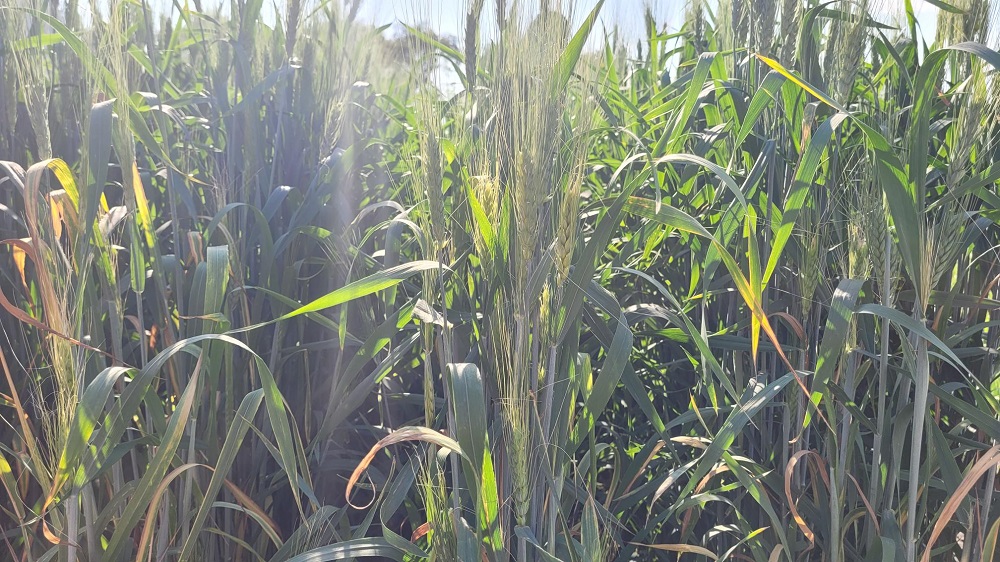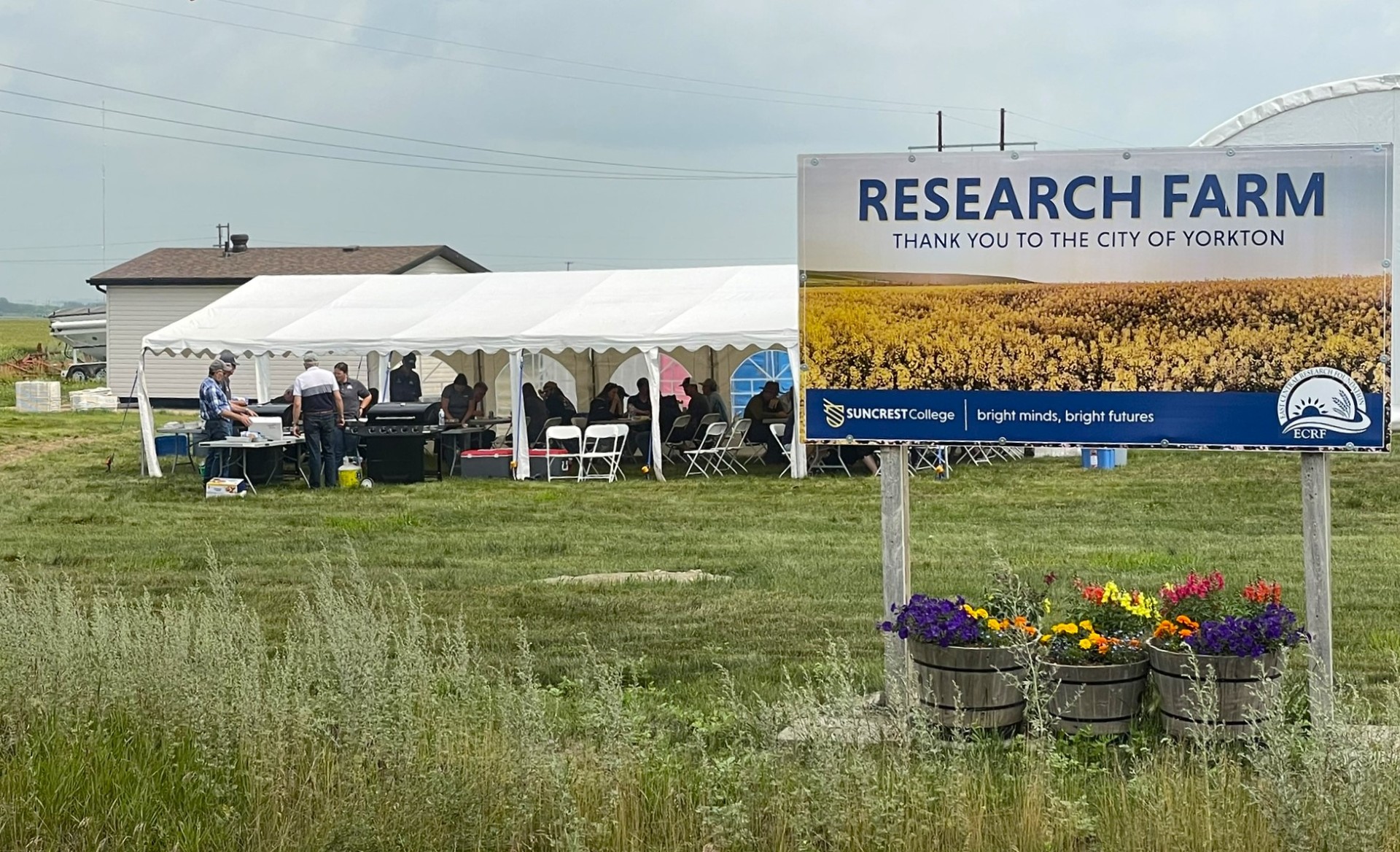The strike of over 7-thousand B.C. port workers is in its 6th day, and the list of organizations wanting it to end is growing.
Todd Lewis – the 2nd Vice-President of the Canadian Federation of Agriculture – says patience in the farming community is running thin.
“I think farmers expect to be able to move their product and the unions certainly are a big part of moving our product, but at the same time, we need to them on the job and getting that product moved,” Lewis said. “I would say the patience in the ag community is short and probably getting shorter as the strike goes on.”
Lewis says the Port of Vancouver plays a crucial role in exporting various ag products around the world, such as machinery parts, chemicals and grain.
“With a shutdown like this there will be a back log and its going to take time to catch up.” he added.
Another group concerned about the strike is Pulse Canada.
Vice-President of Corporate Affairs with Pulse Canada Greg Northey says grain has been lined up to move through the ports months in advance, but now its all stuck.
He explained pulse crops utilize the ports of Vancouver and Prince Rupert, with 5-million tons of containerized grain that moves through both ports each year, including about 3.5-million tons of pulse and specialty crops.
“Those terminals that would be usually be handling those containers of grain are shut down, so no movement at all,” Northey said. “So it’s either sitting at origin in Saskatchewan, Alberta, or Manitoba, or sitting at ports on the dock…so we can understand that negotiations need to happen but we’re approaching the point where Canada’s reputation is at jeopardy.”
Northey says the strike has global ramifications with ships lined up waiting or skipping Canada altogether, slowing down the global supply chain, as well as driving up inflation.
Even when a deal is made eventually, Northey believes, like Lewis, clearing the backlog could take weeks based on the average time to unload a vessel, which is 2-3 days.
“Some of that stuff is perishable – there’s foods, there’s fish – there’s all kinds of things, so it’s big, it’s going to take a while to unwind the impact of this.” Northey added.
Federal Labour Minister Seamus O’Regan is urging the International Longshore and Warehouse Union and the BC Maritime Employers Association to resume negotiations.
Canadian Pacific Kansas City says it’s placing temporary embargoes on export traffic to the port of Vancouver. A spokesman with CPKC says the railway wants a swift resolution to protect North American supply chains, Canada’s economy, and our reputation as a reliable supplier.
Alberta’s Transport minister Devin Dreeshen said this week, trains on the prairies were already starting to back up, including trains hauling grain and fertilizer to the coast.
Alberta premier Danielle Smith says she will bring up the issue directly with the prime minister tomorrow (Fri), when Justin Trudeau arrives in Calgary for the start of the Stampede.
“Our request has been that Parliament needs to return to end this and to order people back to work, it is an essential service,” Smith said. “This can’t drag on for weeks or months, we need a resolution, we’d love to see both sides get to the table, come to a common ground, but we understand that they’re not moving closer together and that requires federal intervention.”
Earlier, the president of the union made it clear, they want the government to stay out of this dispute.
The employers meanwhile, are asking for the dispute to go to binding arbitration.








